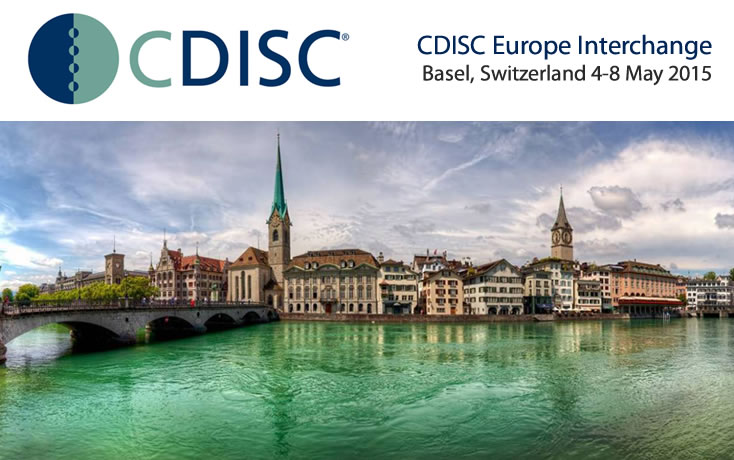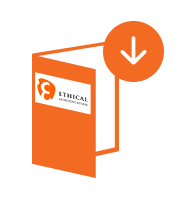Endpoint Adjudication: Coud a CDISC Standard Improve Quality?
The question to be addressed in a CDISC context is to determine whether the adjudication process would benefit from a standardized approach across service providers and projects.
In this session, first, we want to review on the basis of our own experience with adjudication projects the basic requirements an adjudication process should meet such as end-to-end process deliverables, business rules, definitions, documents, etc.
Results of an adjudication process are of very high value as they validate study results and, therefore, have a direct impact on the final decisions making about the benefit – risk and effectiveness assessment of a medicinal product. Because of this significant impact on public health and economic value for a sponsor it is proposed to establish a CDISC working group to identify and define a standardized way to execute an adjudication process that ensures such processes do not introduce bias, give Health Authorities, patients, payers and other concerned stakeholders assurance that everyone follows a true end-to-end process delivering actionable data in a transparent, credible, effective and efficient manner.
What is Clinical Endpoint Adjudication?
The process of endpoints adjudication is a review process that can be performed at the end of or during a study to support the quality of the results or measurements obtained. The sponsor or Health authorities may request a verification of study measurements or investigators’ assessments such as a disease diagnosis or its severity, the classification of adverse events, disease progression or regression, tumor size measurements, etc. by an independent group of expert raters.
In which trials is Clinical Endpoint Adjudication used?
A generic definition could be: when an endpoint assessment is solely based on the opinion of a rater / assessor, i.e., is subject to personal interpretation.
For a more precise description of use scenarios we suggest the article:
“An Overview and Analysis Regarding the Use of Adjudication Methods in EU and US Drug Approvals” available on DIA Journal Therapeutic Innovation & Regulatory Science.
Typical adjudication process and players
The process requires the interactions of different profiles (blinded reviewers, coordinators, chairman) and ideally an automatic system to handle the process. The rules for the assessment can be very easy (unanimity of decisions) or complex (unanimity of the main assessment questions with the possibility to have different assessments on secondary questions or a given number of agreements on the main questions like two reviewers on three or similar). There are obviously many other aspects that I will try to describe at the conference.
Adjudication Data Submission
At the end of the process and upon study closure data have to be sent to regulatory authorities. Currently I can find in my experience two main approaches to represent assessments results in electronic format: using a custom / legacy data format decided directly with the receiver or using a CDISC-like approach. This option is usually followed adapting the “free” available domains (i.e. XX, XY, ZX…) to represent the final result of the assessments and the specific data collected in the adjudication from reviewers.
Some specific aspects (i.e. Audit trail of the different reviewers replies - not only "final" accepted data; rule implemented to "match" reviewers replies, the full submission package sent to reviewers including data, documents and sometimes images) if based on a common standard could also help health authorities in dealing with data, avoiding bias, and companies in exchanging more robust and safer process data and be sure to be compliant with HA requirements.
DOWNLOAD THE CDISC EURO-MEETING 2015 SLIDES




